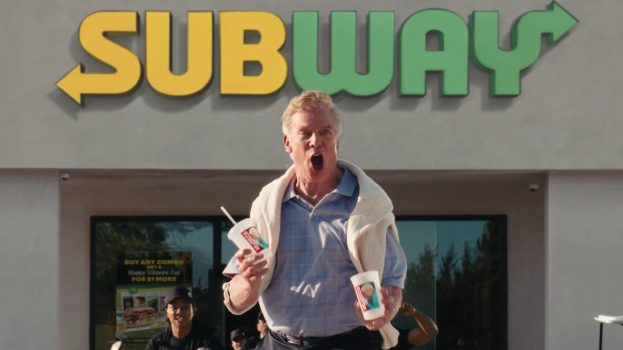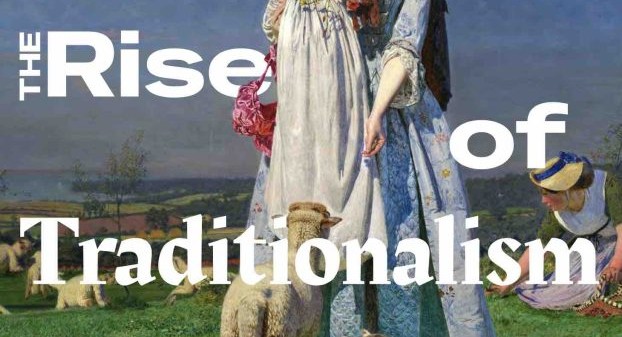
This article was previously featured in the Winter 2025 issue of Strategy Magazine under the title, The first rule of DEI: Don’t talk about DEI: How brands are reacting to a surge of attacks on corporate Diversity, Equity and Inclusion.
By Will Novosedlik
The DEI backlash is in full swing. A long list of U.S.-headquartered companies that have recently rolled back their global diversity, equity and inclusion policies includes Meta, Amazon, McDonald’s, Molson Coors, Lowe’s, Ford, Jack Daniels, Harley Davidson and Walmart. According to the Globe and Mail’s Board Games corporate rankings, there have been no policy pullback disclosures from Canadian-owned companies.
DEI is being accused of everything from reverse racism to – believe it or not – the recent Los Angeles wildfires. In an absurd turn, right-wing pundits like Elon Musk and Donald Trump Jr. recently blamed the worst wildfire in American history on L.A.’s black female mayor Karen Bass and lesbian fire chief Kristin Cowley, arguing that they prioritized diverse hiring over wildfire preparedness.
Bolstered by the 2023 U.S. Supreme Court’s rejection of affirmative action policies at American colleges and universities, as well as by the incoming Trump administration’s promise to prioritize the dismantling of DEI programs everywhere, MAGA activists have gone on the warpath, encouraging their followers to boycott companies and threatening legal action if they do not comply.
Vocal conservative activist Robby Starbuck recently took credit for reversing what he called the “woke agenda” of companies that are cumulatively worth $2.3 trillion – many of which are on the above list. He wrote on X: “Our campaigns are so effective that we’re getting the biggest companies on earth to change their policies. The era of wokeness is dying right in front of our eyes. The landscape of corporate America is quickly shifting to sanity and neutrality. We are the trend, not the anomaly anymore.”
But not everyone folds under pressure.
Take Costco, for example. In a recent proposal put forward by its shareholders, activists claimed that “it’s clear that DEI holds litigation, reputational and financial risks to the Company, and therefore financial risks to shareholders.” Costco confidently rebuffed attacks on its DEI policy, stating: “We believe that our diversity, equity and inclusion efforts are legally appropriate… Our focus on [DEI] is not only for the sake of improved financial performance but to enhance our culture and the well-being of people whose lives we influence.”
Apple is another company caught in the crosshairs of conservatives, but which is rejecting their attacks. Recent reports stated that CEO Tim Cook became “visibly agitated” when pestered by questions from a representative of think tank National Center for Public Policy Research, whom he suggested should get out of the stock if he wanted Apple to only focus on profit.
And that brings us to the question of values. “Our data shows us that having a diverse workforce is a competitive advantage,” says Phillip Haid, CEO of social impact consultancy Public. “[Apple and Costco are] not afraid because at their core, their values are about inclusivity. We’ve been saying to our clients that if you have done the work and you’re values-based, you double down on them. It’s a huge competitive advantage.”
Anti-DEI activists claim that money spent on initiating and sustaining DEI and ESG programs is money that could otherwise go directly into shareholders’ pockets. But there is a mountain of data that shows companies that embrace DEI deliver stronger financial performance. Why then do anti-DEI attacks not crumble in the face of the facts?
“The problem is a lot of these measures were put in place reactively,” says Ian Robertson, founder of leadership consultancy The Jefferson Hawthorne Group. “Five years ago nobody was asking, ‘How will aggressively moving into DEI affect our strategy? How will we integrate that through all aspects of our organization?’ No one was looking at the ROI of implementing these policies. It was simply about not getting cancelled.”
He goes on to advise that companies need to proactively ask themselves: “What is core to their brand, to their customers and their stakeholders. They need to figure out what actually drives ROI, prioritize it, and then craft their defence on that basis. Because it can’t just be values-based.”
Another brand that stands ready to fight for DEI is IKEA. Jonelle Ricketts, head of marketing says, “The IKEA vision is about creating a better everyday life for the many. DEI is really tied to who we are. We feel strongly about not backing away from the DEI initiatives that we have in place. And that’s a global perspective.”
You can certainly see it in the retailer’s advertising. “At IKEA we say we truly are for the many, regardless of your wallet size, where you live or your background. We’re seeing that an inclusive approach is resonating, whether it’s with newcomers or more established multicultural audiences. It’s all having a really positive impact on our brand metrics and other performance KPIs. So for us, taking that more inclusive approach is actually good business.”
Haid, whose firm practices on both sides of the border, has not seen the anti-DEI movement take hold in Canada yet. “But there is a chill in some client conversations. We had one client who asked us to change their language around DEI so as not to attract attention.”
Despite the backlash, Haid is optimistic about the future.
“Make no mistake,” he says. “The DEI train has left the station. Everyone is continuing to do this work. They’re just talking about it in a different way so as to avoid getting caught in the political crossfire. And for those who aren’t doing the work, they’re relieved they don’t have to. For them it was all just performative anyhow.”























